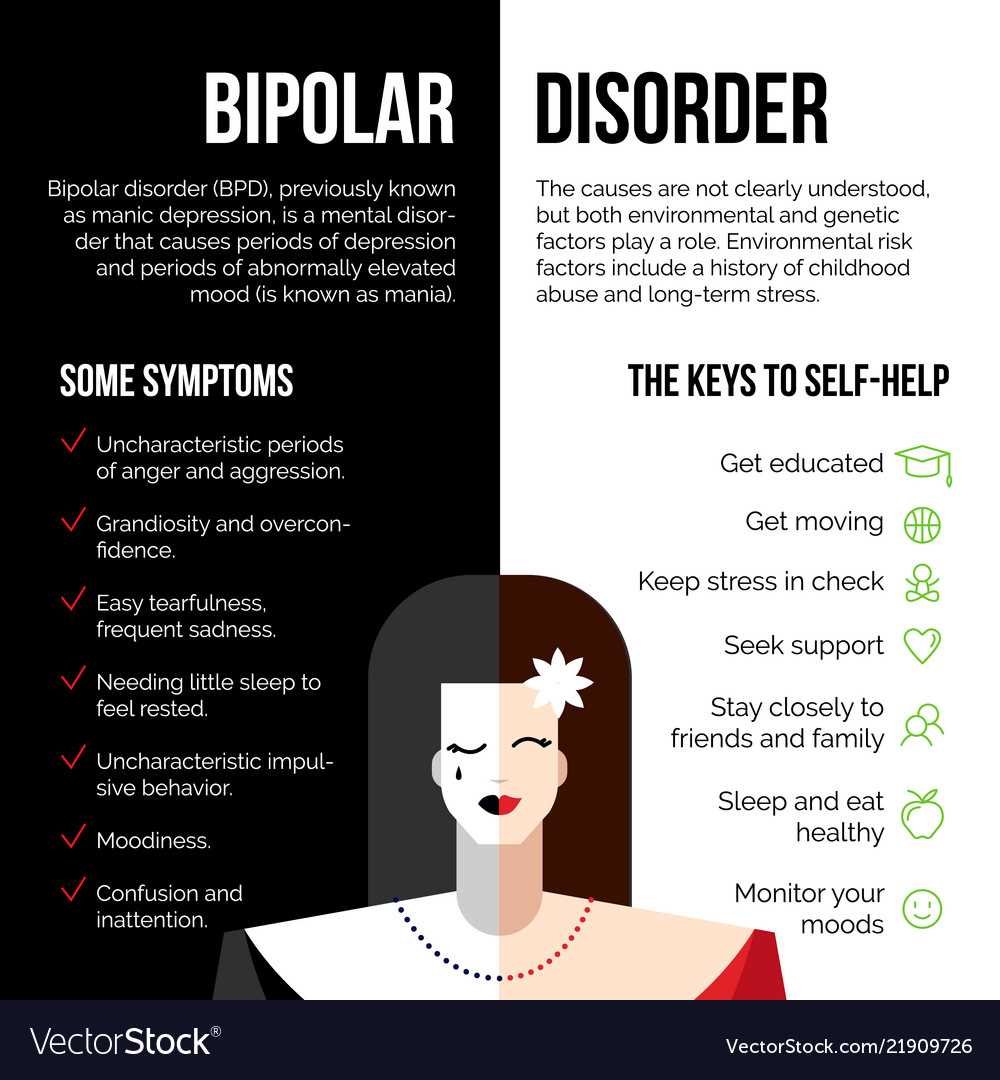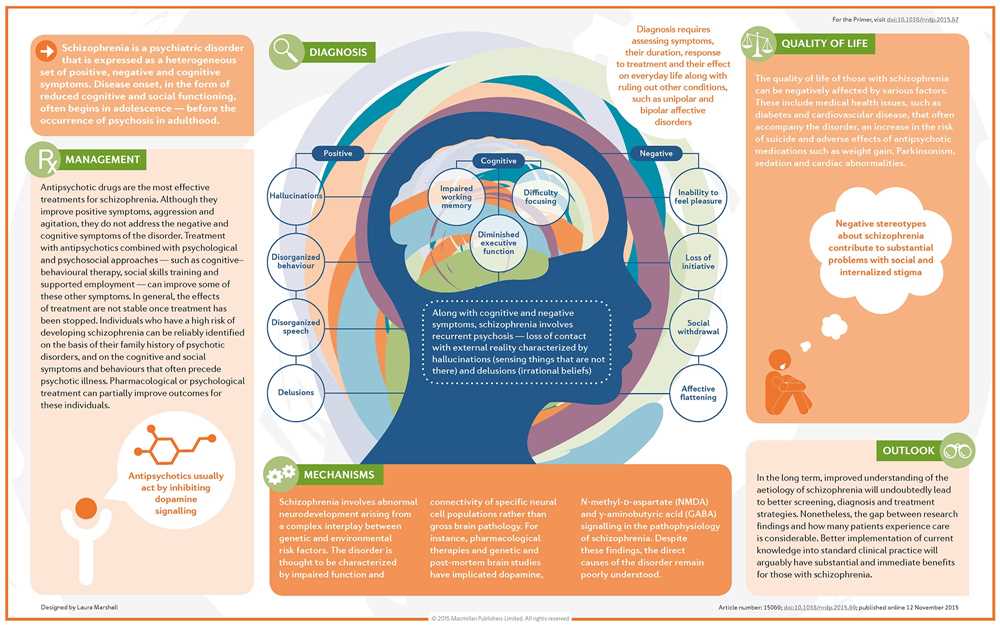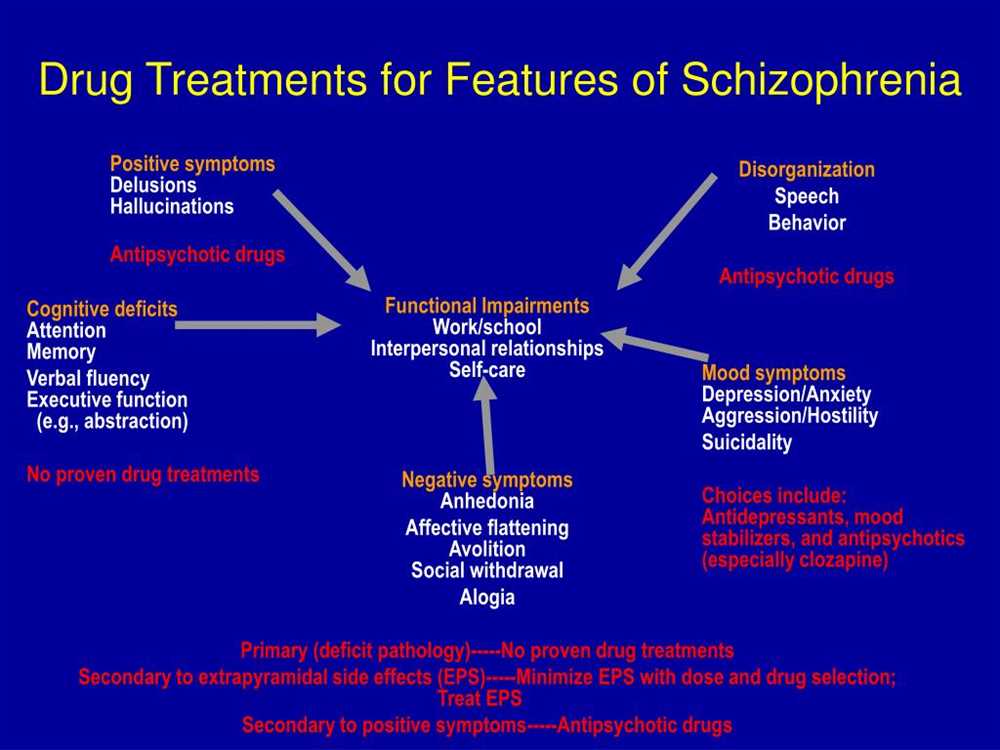
Depression is a debilitating mental health disorder that affects millions of people worldwide. The lack of effective treatments has prompted psychiatrists and researchers to explore new avenues of treatment for this condition. One such avenue involves testing a new drug that shows promising results in treating depression.
Under the supervision of a psychiatrist, this experimental drug aims to alleviate the symptoms of depression by targeting the chemical imbalances in the brain. By modulating neurotransmitters such as serotonin and dopamine, which are directly involved in mood regulation, this drug holds the potential to offer relief to those suffering from this debilitating condition.
Before being administered to patients, the drug undergoes rigorous testing through clinical trials. These trials involve carefully selected participants who meet specific criteria and are willing to participate in the study. By closely monitoring the participants and evaluating their response to the drug, psychiatrists gain valuable insights into its effectiveness and potential side effects.
With depression being a complex disorder that can manifest differently in each individual, finding a treatment that works for everyone poses a significant challenge. However, the ongoing research and clinical trials provide hope for a future where this new drug, if proven effective, can become a valuable addition to the arsenal of treatment options for depression. By continuing to explore innovative approaches to mental health treatment, psychiatrists strive to improve the lives of those affected by depression and offer them the chance of a brighter future.
Background on depression
Depression is a serious mental illness that affects millions of people worldwide. It is characterized by persistent feelings of sadness, hopelessness, and a loss of interest or pleasure in activities. People with depression may also experience changes in appetite and sleep patterns, decreased energy, difficulty concentrating, and thoughts of self-harm or suicide.
Depression can have a significant impact on a person’s daily functioning, relationships, and overall quality of life. It is more than just feeling sad or down for a short period of time – it is a chronic condition that requires ongoing management and treatment.
The exact cause of depression is not fully understood, but it is believed to be a combination of genetic, biological, environmental, and psychological factors. Research suggests that certain individuals may be genetically predisposed to developing depression, and that imbalances in brain chemicals, such as serotonin and norepinephrine, may also play a role.
Environmental factors, such as a history of trauma, abuse, or neglect, can increase the risk of developing depression. Additionally, certain life events, such as the loss of a loved one, a major illness or injury, or financial difficulties, can trigger or exacerbate depressive symptoms.
It is important to note that depression is not a sign of weakness or a personal failing. It is a legitimate medical condition that requires proper diagnosis and treatment.
The Need for New Treatments
Depression is a mental health disorder that affects millions of people worldwide. It is characterized by persistent feelings of sadness, loss of interest or pleasure, low energy, and difficulty in performing daily activities. While there are existing treatments for depression, such as therapy and medication, they may not be effective for everyone. Therefore, there is a pressing need for new treatments that can provide relief for individuals who do not respond well to current options.
The development of new treatments for depression is crucial due to the high prevalence and impact of the disorder. Depression can have profound effects on a person’s overall well-being, relationships, and ability to function in society. It can lead to decreased productivity, increased healthcare costs, and even suicide in severe cases. Therefore, finding innovative approaches that can effectively alleviate symptoms and improve the quality of life for individuals with depression is paramount.
One potential avenue for new treatments is the field of pharmacology. A psychiatrist is currently testing a drug specifically designed to treat depression. This drug aims to target the underlying neurochemistry of depression and restore the balance of certain neurotransmitters in the brain. By doing so, it is hoped that the drug will provide relief from symptoms and offer a new option for individuals who have not found success with existing treatments. The testing phase is critical to determine the drug’s efficacy, tolerability, and potential side effects.
In addition to pharmacological interventions, other approaches such as psychotherapy and lifestyle modifications can also be explored as potential new treatments for depression. For example, cognitive-behavioral therapy (CBT) has shown promising results in helping individuals manage their symptoms and improve their mood. In combination with medication, CBT can be a powerful tool in the treatment of depression. Furthermore, lifestyle modifications such as exercise, healthy diet, and stress reduction techniques have also been shown to have a positive impact on mental health.
Overall, the need for new treatments for depression is evident. With the development of innovative approaches in pharmacology, psychotherapy, and lifestyle interventions, there is hope for improved outcomes and increased options for individuals suffering from depression. It is essential to continue research and testing to find effective and personalized treatments that can address the unique needs of each individual and provide them with the relief they desperately need.
Overview of the drug being tested

The psychiatrist is conducting tests on a new drug designed to effectively treat depression. The drug, named DepressoRelief, is a potential breakthrough in the field of psychiatry and has shown promising results in previous preclinical trials.
DepressoRelief belongs to a class of medications known as selective serotonin reuptake inhibitors (SSRIs). It works by increasing the levels of serotonin, a neurotransmitter that plays a key role in regulating mood, in the brain. By enhancing serotonin activity, DepressoRelief aims to alleviate the symptoms of depression.
Key features and goals of DepressoRelief include:
- Enhancing serotonin levels: The drug works by inhibiting the reuptake of serotonin, allowing more of the neurotransmitter to be available in the brain.
- Improving mood and reducing symptoms: DepressoRelief aims to alleviate the feelings of sadness, hopelessness, and lack of interest or pleasure that are characteristic of depression.
- Providing long-lasting effects: The drug is designed to provide sustained relief from depressive symptoms, allowing patients to experience improved mood and overall well-being in the long term.
- Minimizing side effects: The psychiatrist and the research team are closely monitoring the drug’s potential side effects, aiming to develop a treatment option with minimal adverse reactions.
The ongoing clinical trials involving DepressoRelief aim to gather further evidence regarding the drug’s effectiveness and safety in treating depression. Patients participating in the trials are closely monitored to assess any improvements in their depressive symptoms and to identify potential side effects. The results of these trials will provide valuable insights into the drug’s efficacy and potential as a treatment for depression.
The psychiatrist’s research methodology

The psychiatrist’s research methodology for testing the drug that treats depression involves several steps to ensure accurate and reliable results. Firstly, the psychiatrist selects a diverse group of individuals who have been diagnosed with depression. This ensures that the study’s findings can be generalized to a larger population.
Once the participants have been selected, they undergo a thorough evaluation to assess the severity of their depression and to gather baseline data. This includes conducting diagnostic interviews, self-report measures, and clinical assessments. This initial evaluation allows the psychiatrist to establish a baseline against which to measure any changes in the participants’ depressive symptoms.
To test the drug’s efficacy, the psychiatrist uses a randomized controlled trial design. This involves dividing the participants into two groups: the treatment group receives the drug being tested, while the control group receives a placebo or an existing standard treatment for depression. This random assignment reduces the potential for bias and ensures that any differences observed between the groups can be attributed to the drug being tested.
Throughout the study, the psychiatrist closely monitors the participants’ progress. This includes regular check-ins, assessments of depressive symptoms, and evaluating any potential side effects of the drug. By closely monitoring the participants, the psychiatrist can track any changes in their symptoms and determine the effectiveness of the drug.
At the end of the study, the psychiatrist analyzes the data collected and compares the outcomes between the treatment and control groups. Statistical analyses, such as t-tests or analysis of variance, may be used to determine the significance of any differences observed. This data analysis allows the psychiatrist to draw conclusions about the effectiveness of the drug in treating depression.
In conclusion, the psychiatrist’s research methodology for testing the drug that treats depression involves careful participant selection, baseline data collection, randomized controlled trials, close monitoring of participants, and thorough data analysis. This rigorous approach helps ensure the validity and reliability of the study’s findings, ultimately contributing to the development of effective treatments for depression.
Initial findings from the drug trial
The initial findings from the drug trial involving a new medication for the treatment of depression show promising results. The drug, developed by a team of researchers led by a psychiatrist, has shown positive effects in alleviating symptoms of depression in the participants.
During the trial, a group of individuals diagnosed with moderate to severe depression were prescribed the new drug for a period of six weeks. The participants were monitored closely to assess any changes in their mood, behavior, and overall well-being. The initial analysis of the data collected indicates that the drug has the potential to be an effective treatment for depression.
- Improved mood: A significant number of participants reported experiencing an improvement in their overall mood and a decrease in feelings of sadness and hopelessness. They reported feeling more optimistic and motivated to engage in daily activities.
- Reduced anxiety: Many participants mentioned a decrease in their anxiety levels after starting the medication. They reported feeling calmer in stressful situations and having a better ability to cope with everyday challenges.
- Better sleep quality: Several participants noted an improvement in their sleep patterns. They reported falling asleep more easily, having fewer disturbances during the night, and waking up feeling more refreshed and energized.
- Enhanced overall well-being: The majority of participants expressed an overall improvement in their sense of well-being after taking the drug. They reported feeling more content, satisfied, and able to enjoy life again.
While these initial findings are promising, further research and analysis are required to validate the effectiveness and safety of the new medication. The researchers will continue to monitor the participants and gather more data to gain a deeper understanding of the drug’s potential benefits and any potential side effects.
Discussion of the drug’s potential benefits and drawbacks
When considering the potential benefits and drawbacks of a drug designed to treat depression, it is important to evaluate its effectiveness, safety profile, and any potential side effects that may arise. The ultimate goal is to determine whether the benefits outweigh the drawbacks and if the drug is a viable option for patients suffering from depression.
Benefits:
- Improvement in mood: One potential benefit of the drug is an improvement in mood. By targeting the underlying neurological factors contributing to depression, the drug has the potential to alleviate symptoms and help individuals feel happier and more content.
- Enhanced quality of life: Another benefit may lie in the potential of the drug to enhance the overall quality of life for individuals with depression. By reducing symptoms such as persistent sadness, lack of interest, and difficulty in daily functioning, the drug could help patients regain a sense of normalcy and improve their overall well-being.
- Alternative option: For individuals who have not found success with traditional therapies or medications, the drug could represent a viable alternative option. It offers the possibility of a new approach to treating depression, potentially increasing the chances of finding an effective solution for those who have not responded well to other treatments.
Drawbacks:
- Side effects: Like any medication, the drug may come with potential side effects. It is important to carefully consider the possible adverse reactions and their severity. These may include nausea, headache, dizziness, or even more serious complications. Thorough monitoring of patients during treatment is essential to minimize any negative effects.
- Unknown long-term effects: As with any new medication, the long-term effects are not yet fully understood. It is essential to continue conducting research and remain vigilant for any potential long-term risks or unforeseen consequences that may arise with prolonged usage of the drug. Monitoring and follow-up studies are crucial to ensure patient safety and to assess the drug’s continued efficacy.
- Effectiveness may vary: While the drug may prove effective for some individuals, its effectiveness may vary from person to person. Factors such as individual biology, severity of depression, and other co-occurring conditions may influence treatment outcomes. Careful evaluation and individualized treatment plans are necessary to optimize the drug’s potential benefits.
In conclusion, the drug being tested for treating depression shows potential benefits in terms of improving mood, enhancing quality of life, and offering an alternative option for those who have not responded well to traditional therapies. However, its drawbacks include potential side effects, unknown long-term effects, and the possibility of varying effectiveness. Further research, monitoring, and individualized treatment approaches are essential to fully assess the drug’s benefits and drawbacks and determine its suitability for patients with depression.